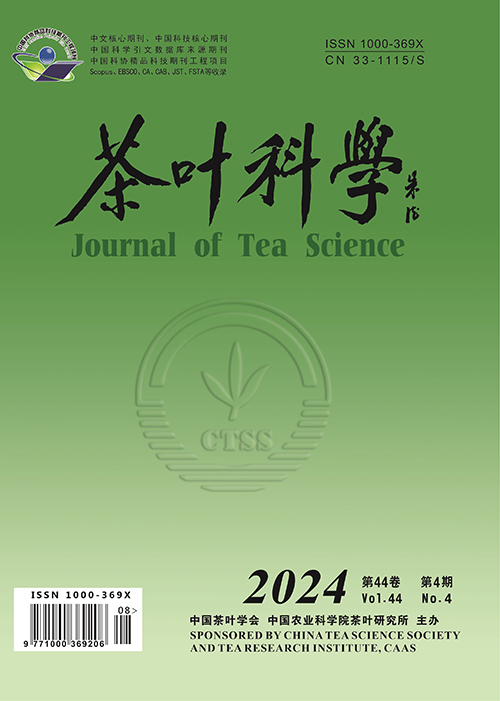印度尼西亚西爪哇省茶叶小农团体成员的自力更生
引用次数: 0
摘要
茶小农群体作为一种社会实体的存在,对于实现其成员在茶业活动上的自力更生具有重要的战略意义。本研究旨在确定西爪哇省茶叶小农群体成员的自立程度,以及影响西爪哇省茶叶小农群体成员自立的因素。本研究采用序贯解释策略的混合方法。采用比例分层随机抽样的方法,选取茶叶小农群体(农户)中的128名成员或20%的样本人口(农户)中的643名成员进行抽样。定量资料采用通径分析法进行分析,定性资料采用源三角法进行分析。研究表明,茶小农群体成员在决策、举措创新、解决茶业相关问题等方面的整体自立水平处于中等水平。成员的自力更生能力有待提高,尤其是主动性、创造性和创新性。从路径分析来看,茶农群体角色、推广、资金可得性、耕作经验、年龄、土地规模、市场机会、工作动机对茶农群体成员的自立程度有由强到弱的影响。通过提高茶小农群体的作用,可以最有效地提高茶小农群体成员的自立程度。本文章由计算机程序翻译,如有差异,请以英文原文为准。
The Self-Reliance of Member on Tea Smallholder Farmer Groups in West Java Province, Indonesia
The existence of tea smallholder farmer groups as a social entity has an important and strategic role in realizing the self-reliance of its members on tea farming activity. This study aimed at determining the self-reliance of members on tea smallholder farmer groups in West Java Province, and the factors that influence toward the self-reliance of members on tea smallholder farmer groups in West Java Province. The study used mixed method approach with sequential explanantory strategy. Proportional stratified random sampling with 128 members of tea smallholders farmer group (farmers) or 20% of the sample population with 643 members (farmers) sampling method was used. Quantitative data were analyzed by using path analysis, while qualitative data were analyzed by using triangulation of sources. The study showed that the level of the member's self-reliance of tea smallholder farmer groups as a whole in decision making, initiatives creative and innovative, and solving problems related to the tea farming is in moderate category. The self-reliance of members needs to improve, especially on the initiative, creativity and innovation. From path analysis, member's self-reliance of tea smallholder farmer groups were affected from strongest to weakest by role of tea farmer groups, extension, the availability of capital, farming experience, age, land size, market opportunities, and work motivation. The self-reliance of members on tea smallholder farmer groups most effectively can be enhanced through the improving the role of tea smallholder farmer groups.
求助全文
通过发布文献求助,成功后即可免费获取论文全文。
去求助
来源期刊
CiteScore
1.50
自引率
0.00%
发文量
2558
期刊介绍:
The Journal of Tea Science was established in August 1964, approved by the Publicity Department, CCCPC. Its title was inscribed by Zhu De, the chairman of CCCPC. It was discontinued during the Cultural Revolution in 1966, and it was reissued in August 1984, approved by the State Scientific and Technological Commission.Academicians Chen Zongmao and Liu Zhonghuaof the Chinese Academy of Engineering served as the directors of the editorial board. The Journal of Tea Science is managed by the China Association for Science and Technology,sponsored by the China Tea Science Society and the Tea Research Institute of the Chinese Academy of Agricultural Sciences, and edited and published by the editorial office of the Journal of Tea Science. It is the only one of Chinese core journals in the field of tea science that is included in the core library of the Chinese Science Citation Database.Its Domestic Unified Serial Number is CN 33-1115/S, its International Standard Serial Number is ISSN 1000-369X and its International publication name code is CODEN-CHKEF4. At present, the Journal of Tea Science is a bimonthly publication, published in the middle of the month, with a book size of 16.

 求助内容:
求助内容: 应助结果提醒方式:
应助结果提醒方式:


